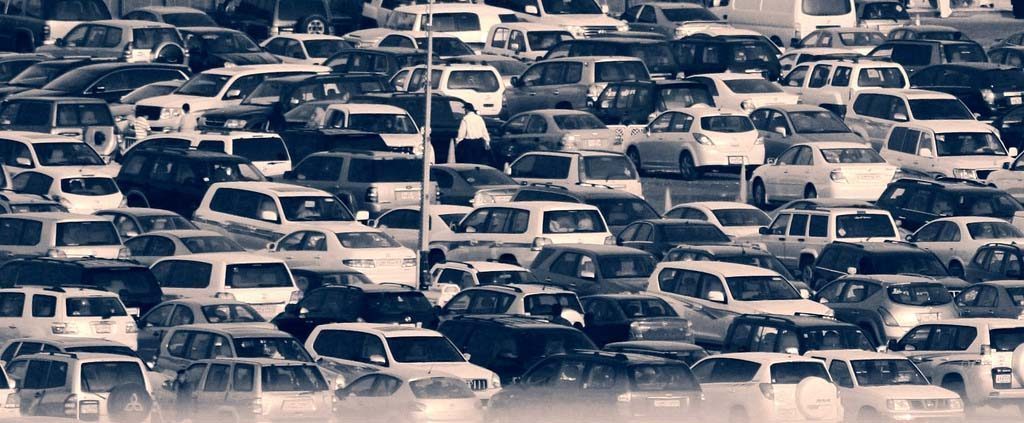
GCC countries are making it too easy for residents to waste energy, and governments must curb waste by sending “a signal to the pockets of the public,” Oman’s oil and gas minister said yesterday.
Speaking yesterday at the ADIPEC energy conference in Abu Dhabi, Mohammed bin Hamad Al Rumhy, said, as reported by Reuters:
“We are wasting too much energy in the region and the barrels that we are consuming are becoming a threat now, for our region particularly… I think we have a serious problem.
What is really destroying us right now is subsidies… We simply need to raise the price of petrol and electricity. In some countries in our region electricity is free and you leave your air conditioning for the whole summer when you go on holiday. That is really a crime.”
Al Rumhy is the second government official in the region this past month to address problematic spending habits in the Gulf.
In late October, Kuwait’s Prime Minister called its current welfare state “unsustainable,” and pleaded with nationals to reduce their dependence on the government. While Kuwait could face a budget deficit as early as 2021, Oman’s day may come even sooner, according to the International Monetary Fund.
But balancing fiscal interests with the politics of discontent has been tricky, Reuters reports:
“In 2010, the UAE government hiked its domestic gasoline price to 1.72 dirhams ($0.47) per liter to cut the burden of subsidies on public finances and promote efficiency. But after the Arab Spring uprisings began in the following year, plans for further price rises were put on hold to avoid stoking public discontent.”
Qatar’s footprint
Meanwhile, Qatar continues to be ranked one of the least energy efficient nations in the world.
The country is taking steps to reduce its consumption of electricity and water, but Kahramaa recently put a hold on its “green air conditioning” push due to a lack of available units in the country.
Here, there has been no talk about the nation’s petrol prices, which, like other countries in the region, are heavily subsidized by the government.
However, when the government last increased prices in January 2011, rates jumped by more than 25 percent overnight, and residents complained about not being consulted. Petrol now costs QR1 per liter for super 97 octane, and QR.85 per liter for premium petrol.
As energy needs grow due to the rapidly expanding population and the “artificially low” cost of services, Qatar and other GCC countries may have to make some tough choices over the next few decades, officials have warned.
Thoughts?







